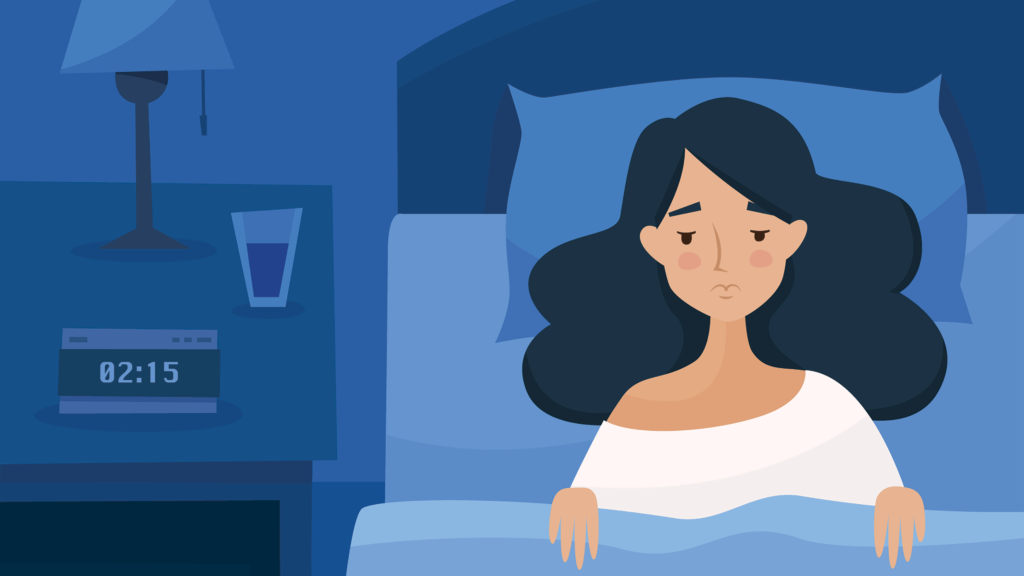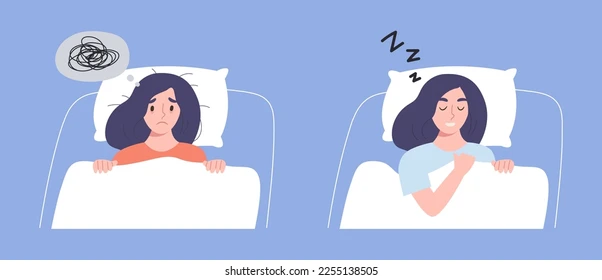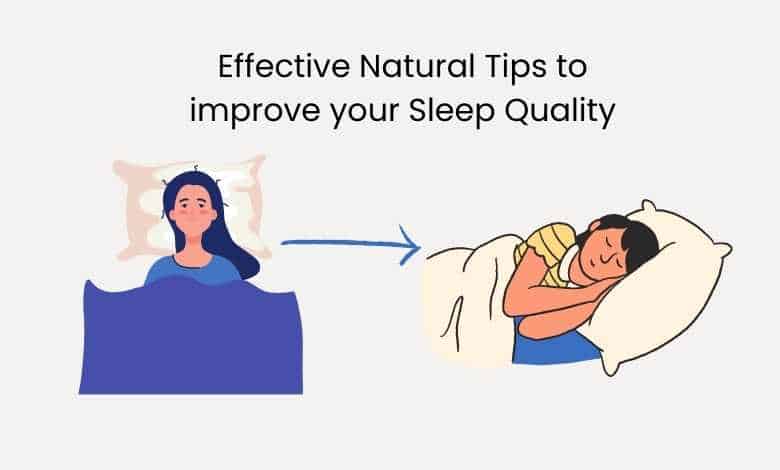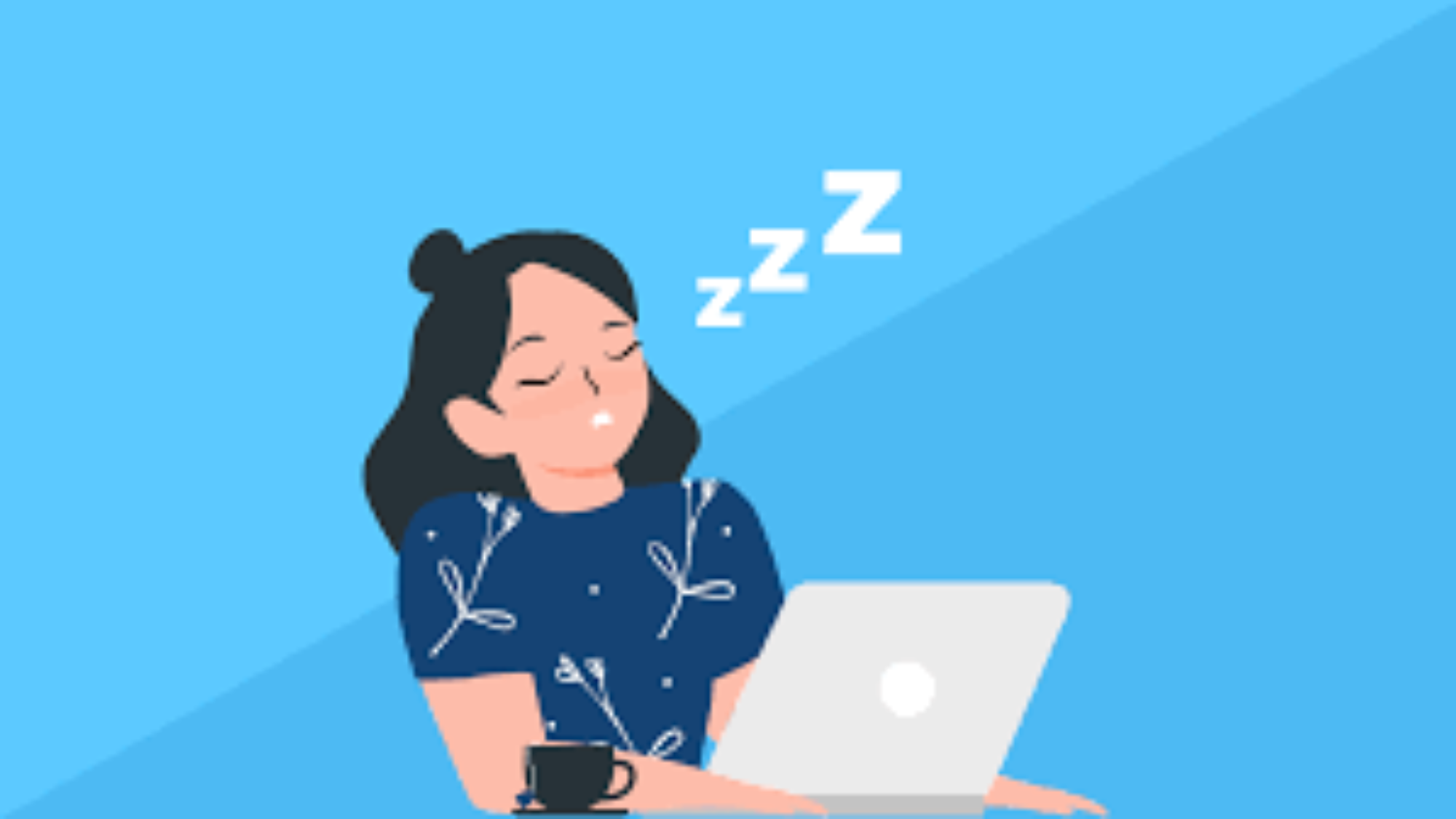Let’s face it, nowadays we’re always connected — doing emails, scrolling through social media, or catching up on our favourite shows. However, did you know that screen time in the night might actually keep you from getting good sleep? And studies have shown that reducing screen time one hour before bed improves sleep, mood, and energy levels when you get up. Reducing screen time before bedtime could be the key to better sleep and health, here is how.
Because screens cast a blue hue, it confuses our minds into believing it’s still daylight, thereby inhibiting melatonin, the sleep hormone, from doing its job. Sleep becomes more difficult, and if there is less-than-optimal melatonin quantity, the sleep quality may be inadequate as well. By avoiding those screens (and that blue light) at least at night, our bodies can create more melatonin naturally, which prepares us for a deep and restful night of sleep.

CASE STUDY:
One recent case study focused on a group of people who had experienced sleep problems. Each participant tracked their typical behavior for one week, reporting their screen time before bed. They implemented a “screen-free” policy one hour before bed and spent three weeks doing that. They were encouraged to read, meditate, journal (as opposed to being on screens).
Falling Asleep Quicker – On average subjects fell asleep 25% faster.
A Better Quality Of Sleep – There were 20% improvements in self-reported sleep quality scores, so participants woke up feeling more rested. When they felt more refreshed, it improved their mood and energized the morning.
How to decrease pre-sleep screen time?
To get started on making this switch, follow these easy steps:
Establish a Digital Sunset – Ideally screens should be turned off an hour prior to bedtime in order to allow the brain to unwind naturally.
Do calming activities instead; limit screen time at night; consider reading, light stretching, or journaling instead;
Activate the «Do Not Disturb» on Your Phone — pick up your phone and put it on Do Not Disturb mode to not be tempted to look at the notifications that came in late at night.
Form a Routine to Look Forward to Before Bedtime.
Reducing screen time and relaxing bedtime routine can help establish a screen-free habit. Listen to some relaxing music, drink herbal tea or do deep-breathing exercises and slowly establish a less screen time wind-down time that can turn into something you can look forward to at the end of each day.

The Bottom Line
A simple way to not only have a more favorable night of sleep but also feel more energized during the day is to limit your screen time at night. This is a minor adjustment but it has a huge impact on the way you feel about your circumstances. So maybe tonight, reducing screen time and putting down those devices, grabbing that book and allowing yourself to have a more restful night of sleep!
Reducing screen time before bed is a simple yet powerful way to improve sleep quality and overall well-being. By cutting out blue light exposure from phones, computers, and TVs, you allow your body’s natural sleep rhythms to function better, making it easier to fall asleep and stay asleep. Replacing screens with calming activities like reading, meditating, or journaling creates a healthier pre-sleep routine. These small changes can lead to more restful nights, better mood, and increased focus during the day. Start with an hour of screen-free time before bed and feel the difference in your sleep quality.
Ready to Make a Change?
Sleep easy: a few quiet minutes away from the screen. If you want to wake up feeling better rested, start slowly and try reducing your screen time before bed. Sweet dreams!



Add a Comment